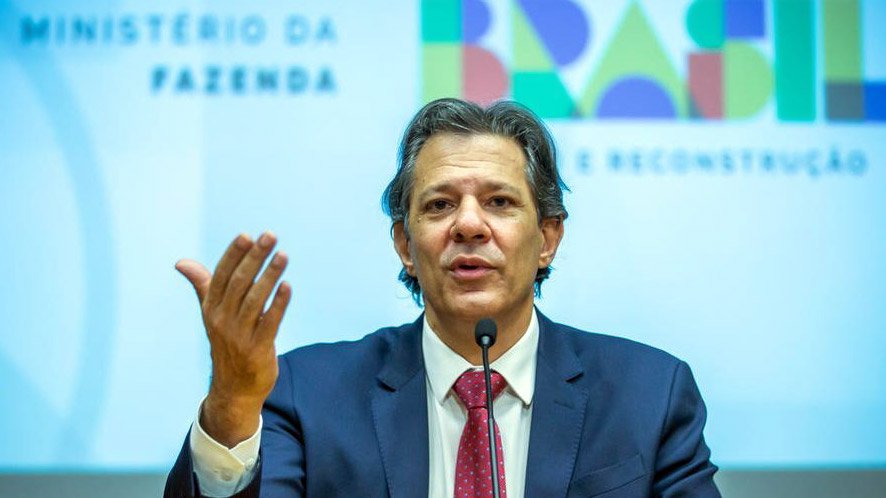Brazil’s betting sector shut out ahead of surprise tax hike, Minister Haddad stands firm

Brazil’s Finance Minister Fernando Haddad proceeded with a controversial tax increase on the online betting industry despite having received a formal request for dialogue from sector representatives over a week prior, according to local media reports. On June 11, the federal government raised the tax on betting company revenue from 12% to 18%, effective from October.
The decision came without response to a June 2 letter sent by six industry associations requesting an urgent meeting with Haddad. The letter expressed “deep concerns” over reports of an impending tax hike and warned of unintended consequences, including the potential strengthening of the illegal betting market.
In addition to Haddad, the groups also sought meetings with the presidents of the Chamber of Deputies and three federal ministries: Civil House, Tourism, and Sports. None granted the requests, according to local media.
In their appeal, the associations argued that the increased tax burden could “risk strangling legal operations” while failing to deter illicit platforms. The document was signed by the Brazilian Association of Games and Lotteries (AbraJogo), Association of Bets and Fantasy Sports (ABFS), International Gaming Association (AIGaming), National Association of Games and Lotteries (ANJL), Brazilian Institute of Responsible Gaming (IBJR), and the Fair Play Institute (IJL).
While the Ministry of Sports acknowledged the correspondence, it said its remit was limited to addressing match-fixing, not taxation policy. The Civil House, the Ministry of Tourism, and the Chamber of Deputies did not issue any reply.
Following the tax hike, Minister Haddad defended the measure publicly, positioning it as part of the government’s plan to replace revenue lost from the planned exemption of the IOF (Tax on Financial Transactions).
“We are the ones taxing 'Bets' and billionaires,” Haddad wrote on social media. “We are the ones exempting the worker from income tax.” The message aligned with the government’s broader effort to frame the move as socially progressive.
Industry insiders, speaking anonymously to Estadão Column, said relations with Haddad have deteriorated significantly. The finance minister’s public comments the day after the tax increase only heightened tensions. On June 12, Haddad questioned the very legitimacy of the betting sector’s role in Brazil’s economy.
“We did not have a sense of the sector ('Bets'), its size. Today, this sector, between the amount received from bets and what is paid in prizes, is making a gross profit of around R$40 billion (US$7.2bn) annualized,” he said. “They do not generate jobs. Personally, I don’t like gambling. It is something that should even be reconsidered by the National Congress.”
Haddad further noted that of the R$40 billion in estimated gross annual profit, less than R$10 billion (US$1.8bn) is returned to the state in taxes, suggesting the sector enjoys a lower effective tax rate than ordinary businesses.
Brazil’s online betting sector has only operated under full legal regulation for six months. The legal framework was passed by Congress and signed into law in December 2023.
In the months that followed, the Ministry of Finance laid out detailed rules for operation, requiring betting companies to pay a R$30 million (US$5.4m) license fee for a five-year term. Licensees must also comply with regulatory measures aimed at combating fraud, money laundering, and abusive advertising.


















































